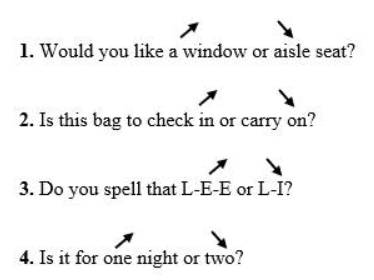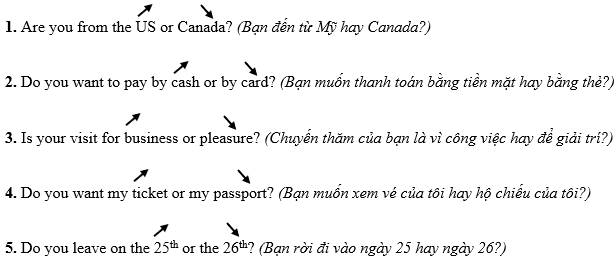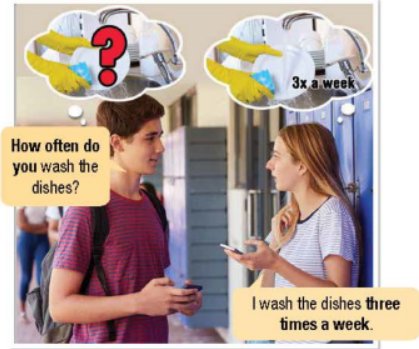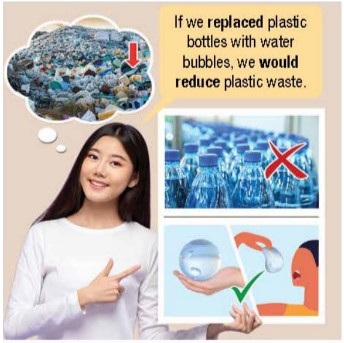K
Khách
Hãy nhập câu hỏi của bạn vào đây, nếu là tài khoản VIP, bạn sẽ được ưu tiên trả lời.
Dưới đây là một vài câu hỏi có thể liên quan tới câu hỏi mà bạn gửi lên. Có thể trong đó có câu trả lời mà bạn cần!

HQ
Hà Quang Minh
Giáo viên
11 tháng 9 2023
Shall we ...? Let’s do that. Why don’t we ...? I’m not sure about that. What about...? I don’t mind. It would be nice .... I like that idea. Do you fancy ...? I’m not very keen on that idea. Why not? What about...? (Do you fancy...?) What a good idea! We could always ....that’s a really good plan.


9 tháng 2 2023
Boy: How often do you wash the dishes
Girl: I wash the dishes three times a week







